I’m so happy to have you here! It means you’re interested in losing weight and/or improving your health and want to learn what is whole food plant-based diet.
In my book Plant-Based Made Easy, I focus on a healthy and balanced diet: the best way for a long and great life. Living healthfully doesn’t just mean eating well. It means increasing physical activity, getting enough sleep at night and making the most of what makes you happy. It also means avoiding things like smoking and over-indulging in alcohol.
Some Beliefs
Nowadays the overabundance of facts may be confusing and you might be tired with reports and advice that are controversial and constantly changing. Here are some claims that you’ve probably heard:
- Humans are naturally omnivores (someone who eats both plants and animals) because their gastrointestinal tract is inherent to omnivores.
- We are vegetarians (someone who doesn’t eat any meat, including chicken) because their gastrointestinal tract is inherent to plant-eaters.
- Humans are naturally herbivores (someone who eat only plants) and choose to eat meat.
- Carbs are evil because they make you fat.
- If you don’t drink milk then your body won’t get enough calcium.
- A glass of red wine a day is beneficial to your health.
- Any amount of alcohol is harmful to your health.
And so on. Each of these allegations is based on scientific literature but even scientists can’t agree some of the time. They too have many different opinions. They pose hypotheses and a variety of theories; conduct various experiments and end up with different results. Then you have those who simply trust their gut just as people did in the old days. However, we’re so distanced from nature and a natural life now that many of us have lost that skill. No wonder people are confused.
To cut through the noise, study after study indicates that the higher the intake of fruits and vegetables and other plant-based foods, the better your health is and the lower the risk of developing chronic diseases. The diet best suited to humans is the one that includes vegetables, fruits and berries, legumes, nuts and seeds and various cereals. These offer nutrients for your body and mind.
What is Whole Food Plant-Based Diet?
A whole food plant-based diet simply means you eat plant-based food in its natural form like favouring tomatoes instead of ketchup, whole grains instead of white bread, olives, nuts and seeds instead of oils, etc.
I believe this is the healthiest way of eating. I’m not going to debate whether humans are omnivores or opt for vegetarian diets. That argument has been debated for a long time and continues. My goal is to introduce how to eat the most natural, healthiest and diverse way. It doesn’t matter whether you are omnivore or vegetarian, it’s important to plan your menu with plenty of plant-based whole foods and reduce or completely cut out animal products such as dairy, meat, eggs, fish etc. It has been widely proven that high consumption of processed foods (which have low beneficial nutrient content but high in added sugar, fat and salt) and meat is associated with adverse health effects and chronic diseases.
If you don’t want to be a full-time vegetarian and you want to leave some animal foods on your menu, you should still be guided by the whole food rule. That means, eating in a way that your conscience and body will be satisfied.
Foods to Eat on Whole Food Plant-Based Diet
By following a whole food plant-based diet, i.e. eating plant-based meals, it’s important to eat lots of fresh plant foods, but there’s no need to eat everything raw. You can still heat, freeze and dry food. Health experts worldwide recommend eating fresh fruits and vegetables on daily basis to get the vitamins and plant enzymes that can’t withstand heat. The common recommendation is that at least 50% of your fruits and veggies should be raw.
Eat from the following food groups:
Eat as much as you want:
- Fruits and berries – apples, bananas, mangoes, pears, strawberries, blueberries, cranberries, blackberries, grapes, citrus fruits etc.
- Non-starchy vegetables and leafy greens – lettuce, kale, collard greens, chard, spinach, bell peppers, cauliflower, broccoli, cabbage, Brussels sprouts, asparagus, eggplant, summer squash, green beans etc.
- Starchy vegetables and tubers – potatoes, sweet potatoes, winter squashes, beetroot, parsnip, yams etc.
- Legumes – lentils, beans, chickpeas, mung beans, peas.
- Whole grains – buckwheat, millet, quinoa, barley, rye, spelt, amaranth, brown rice.
Eat in moderation:
- Nuts, seeds and nut/seed butters – chia seeds, flaxseeds, walnuts, Brazil nuts, sunflower seeds, pumpkin seeds, hemp seeds, peanuts, cashews etc.
- Soy products – tofu, tempeh, natto, soymilk.
- Plant-based milks
- Whole grain flour products – pasta, bread, baked goods.
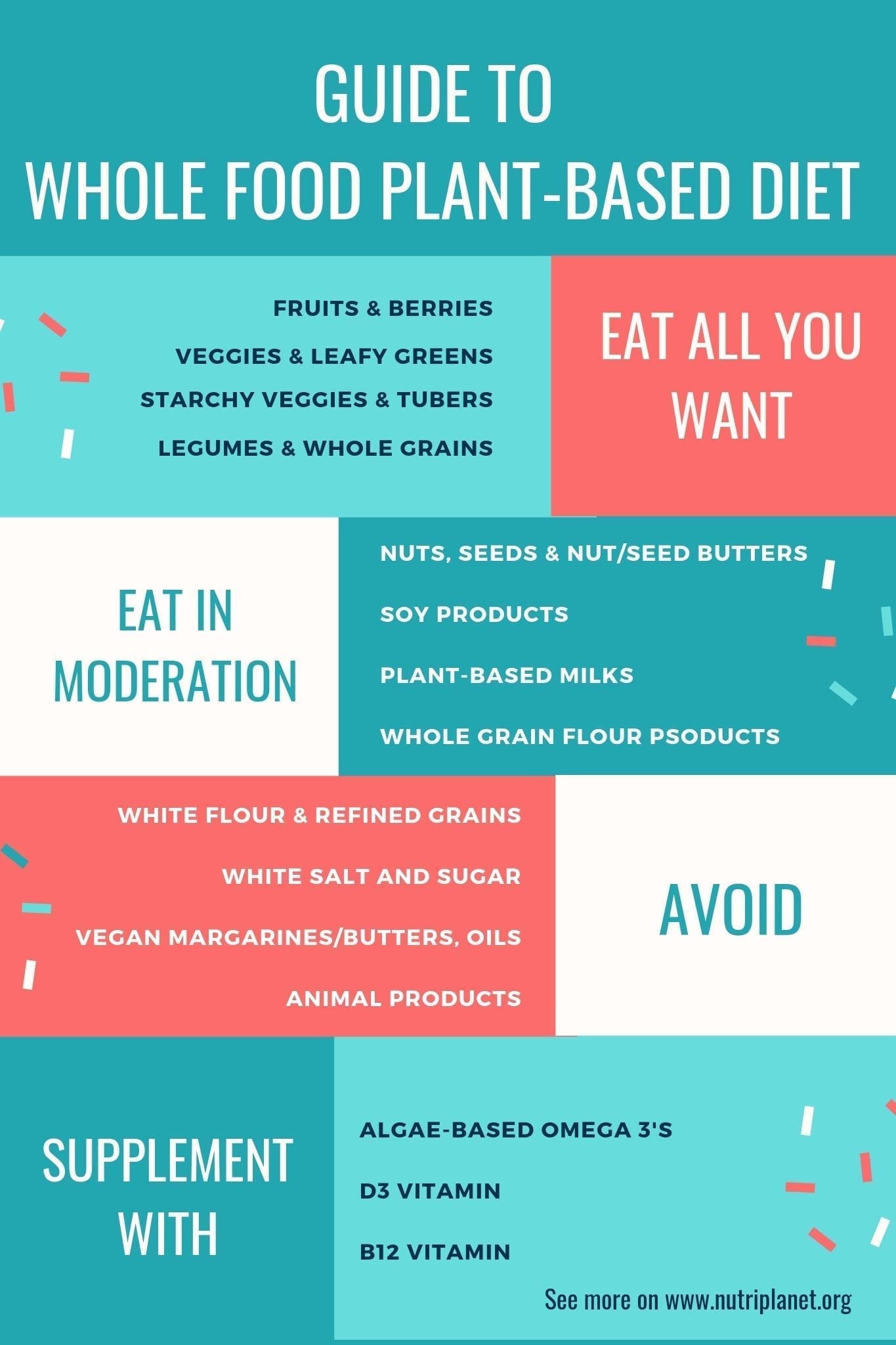
What About Raw Foods?
Although raw foods are known for their health benefits and are rich in vitamins, minerals, antioxidants and enzymes, it’s not suitable for everyone.
For some, raw food causes digestive problems and can make them feel cold all the time. In these cases, it helps to slightly heat the food. Total raw food diets, for example fruitarian, contain only very low fat foods (usually fruitarian avoids nuts and seeds too) and that can also make it harder for some people to get all the necessary nutrients.
A whole food plant-based diet allows you to grind and blend your food. For example, if you want to use ground grain in cooking, do it yourself with a food processor or buy whole-wheat flour instead of white flour. By choosing to eat only whole foods you can prepare everything yourself or look for quality whole foods in stores.
Read success stories all over the world from my book Plant-Based Made Easy: The Complete Practical Guide to Transitioning to Balanced Whole Food Diet.
Watch how to make meal prep on whole food plant-based diet:
Foods to Avoid on Whole Food Plant-Based Diet
Not all plant-based products are healthy. Here’s a list of some plant-based foods to avoid:
| AVOID | REPLACE WITH |
| White flour | Whole-grain flour |
| Refined grains (cereal flakes, whiterice, white semolina) | Whole-grain flakes, whole-grain rice, whole-grain semolina |
| White bread | Whole-grain bread |
| White sugar (watch out for added sugars on labels) | Dried fruits (raisins, dates, figs), sweet fruits, and in small quantities agave syrup, maple syrup, stevia, xylitol, jaggery, coconut sugar, raw cane sugar, date sugar (see more in my book in chapter Altering Recipes). |
| White salt | Rose salt, sea salt, Himalayan salt, tamari, celery salt |
| Vegan margarines, vegan cooking creams, vegan ice creams, vegan bakes such as cookies, muffins; faux meat (avoid trans fatty acids on labels). | Check my book in chapter Altering Recipes for replacements. |
| Olive oil | Olives |
| Seed/nut oils | Nuts, seeds, additive-free nut and seed butters |
| Store jams (with added sugar) | Applesauce, homemade berry and fruit smoothies, homemade low-sugar jams |
| Ketchup | Tomatoes, tomato paste, homemade tomato sauce |
How to Eat a Balanced Plant-Based Diet?
A well-balanced vegan diet is rich in all the necessary macronutrients and the micronutrients that our bodies need to sustain good health and maintain a long vital life. But that doesn’t mean that all vegans and vegetarians are healthy.
When some people give up eating meat, they might replace it with a larger quantity of dairy products or eggs. Several studies have shown that an unhealthy vegan or vegetarian diet may also lead to symptoms of chronic diseases. To avoid this, eat more concentrated sources of plant proteins, like combining grains with legumes and adding some healthy fats to your meals like nuts and seeds, avocado, olives, etc.
Whichever your eating pattern, it’s perfectly possible to be a vegan and eat junk food regularly. If you’re eating a lot of junk, cut it out and enhance the quality of your life.
Don’t I Need Animal Protein?
One major worry for some people is the total absence of animal products. Some say their health began to deteriorate when they stopped eating animal products. This may be due to the fact that their vegan menu wasn’t balanced and didn’t give them enough necessary nutrients. The problem could be low protein intake, low consumption of essential fatty acids or a total calorie amount that’s too small. This can make vegans tired and irritable as well as give them difficulties concentrating, poor memories, dry skin and hair, etc.
In this case, it’s natural to blame all the problems on the diet. Instead, people should always ask for a dietician’s advice or create a well-balanced menu. It’s also necessary to take supplements to avoid the potential micronutrient deficiency.
Get full 2-week meal plan with breakfasts, snacks, lunches, dinners and desserts from my book Plant-Based Made Easy.
What About Soy?
Sometimes people replace all animal products with soy products and eat large amounts of it every day. In countries where people traditionally eat soy, they tend not to eat it in large amounts. They also use fermented soy products (tempeh, natto, miso and soy sauce) because they know that unfermented soy products aren’t good for us.
You can find unfermented soy in soybeans, soy nuts, soy sprouts, soy flour, soy milk, tofu.
Is Whole Food Plant-Based Diet Safe?
More and more health experts are agreeing that well-planned vegan diets are safe, healthy and viable options during all stages of life from infancy, to childhood, to adolescence, to adulthood. Athletes and expectant and nursing mothers also benefit from a plant-based diet.
One question we hear is how will children and athletes get enough protein to build muscles? When eating a common Western world diet, children actually receive too much protein. A plant-based diet gives them the optimal amount of good quality protein. For athletes, instead of paying attention to the quality of the protein, they’re blinded by the protein myth: food protein is equal to muscle protein. If it were that easy, then athletes should spend a great deal of time in the kitchen preparing and eating steak instead of at the fitness club.
Plant-based eating has never been easier with all the vegan options and menu items. Just be wise and stick to real food, i.e. whole food plant-based meals.
Recommended books:
How Not to Die: Discover the Foods Scientifically Proven to Prevent and Reverse Disease by Greger M.D. FACLM, Michael and Gene Stone.
The China Study: Deluxe Revised and Expanded Edition: The Most Comprehensive Study of Nutrition Ever Conducted and Startling Implications for Diet, Weight Loss, and Long-Term Health by T. Colin Campbell and Campbell II, Thomas M.
Eat to Live: The Amazing Nutrient-Rich Program for Fast and Sustained Weight Loss, Revised Edition by Joel Fuhrman.
Disclaimer: this post contains affiliate links. As an Amazon Associate I earn from qualifying purchases.
This post is also available in: Spanish
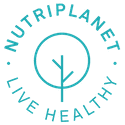
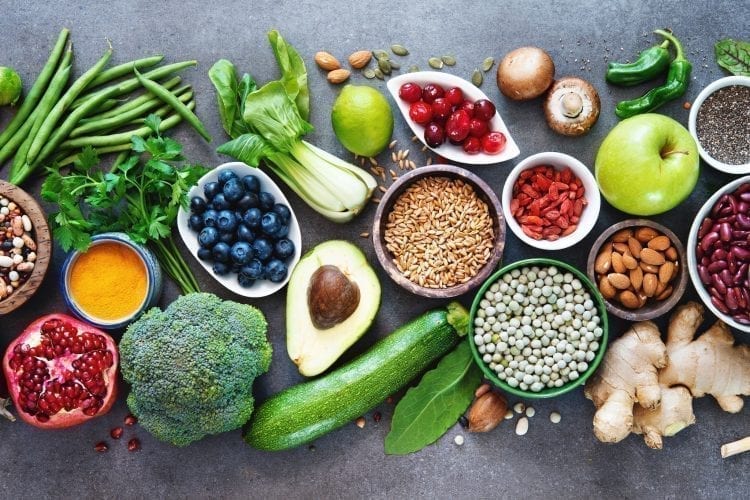























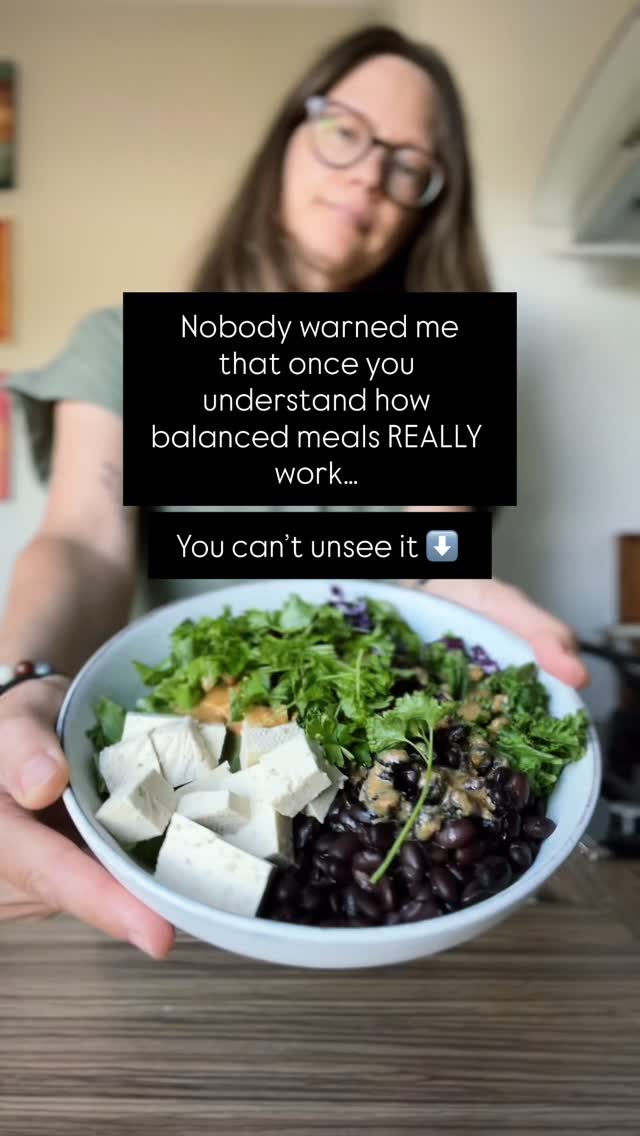
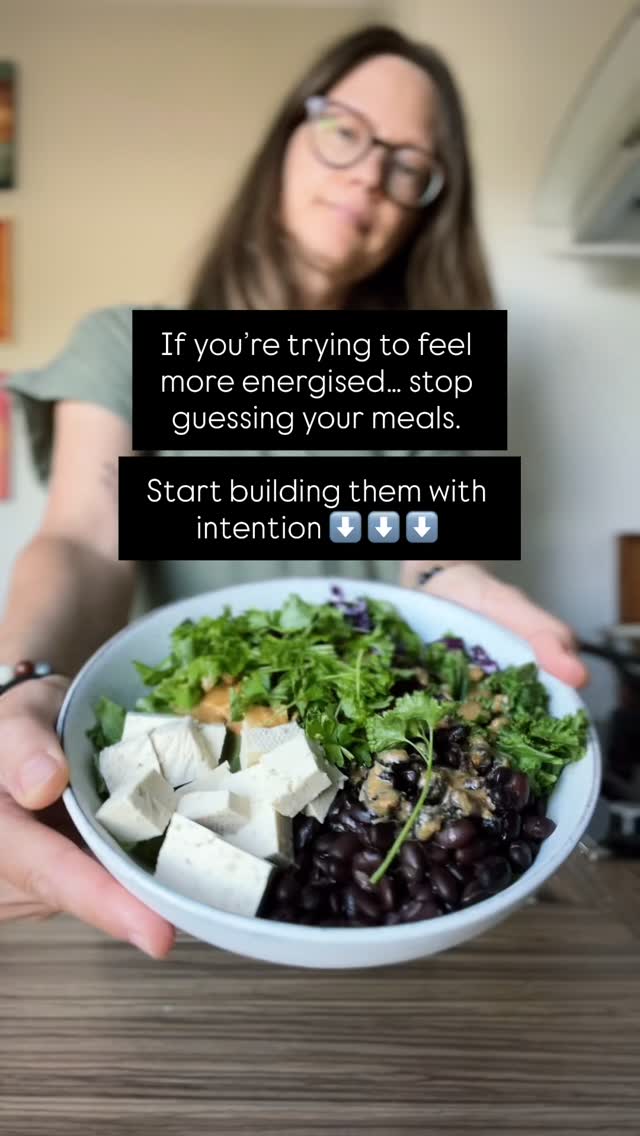
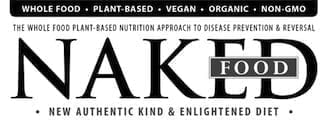






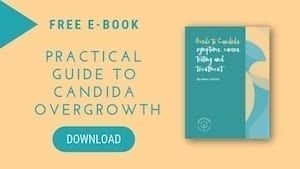

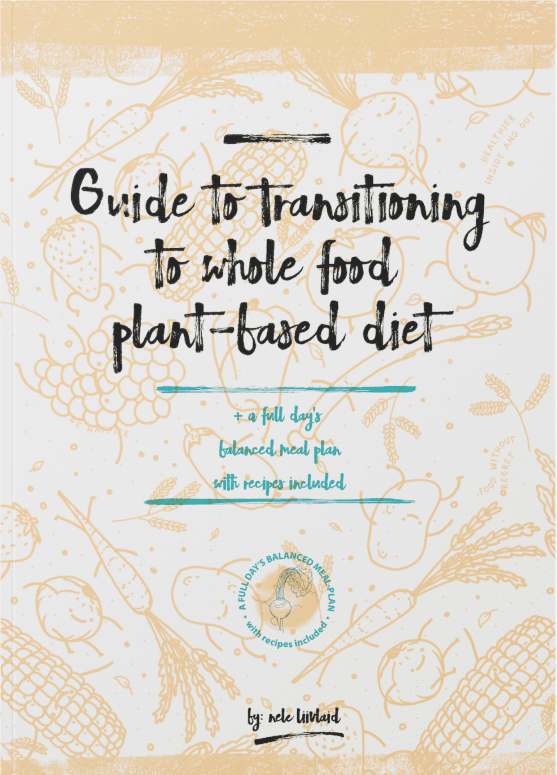
Pingback: ヴィーガン(Vegan)ホールフーズ(Whole Food)で買えるビーガン食品 | AMENEW Dreams
You are presenting so many important points very clearly! I also did the course at eCornell : ) This is a great guide!
Thank you so much! And hey… a fellow eCornell graduate! How great! Welcome! 💚
Thank you! I am just beginning to look at this style of eating after reading the How Not To Die book and cook book. I appreciate seeing how you prepare food for the day. And I think the glasses are cute:)
I’m so happy to hear that! Thank you for sharing 💚